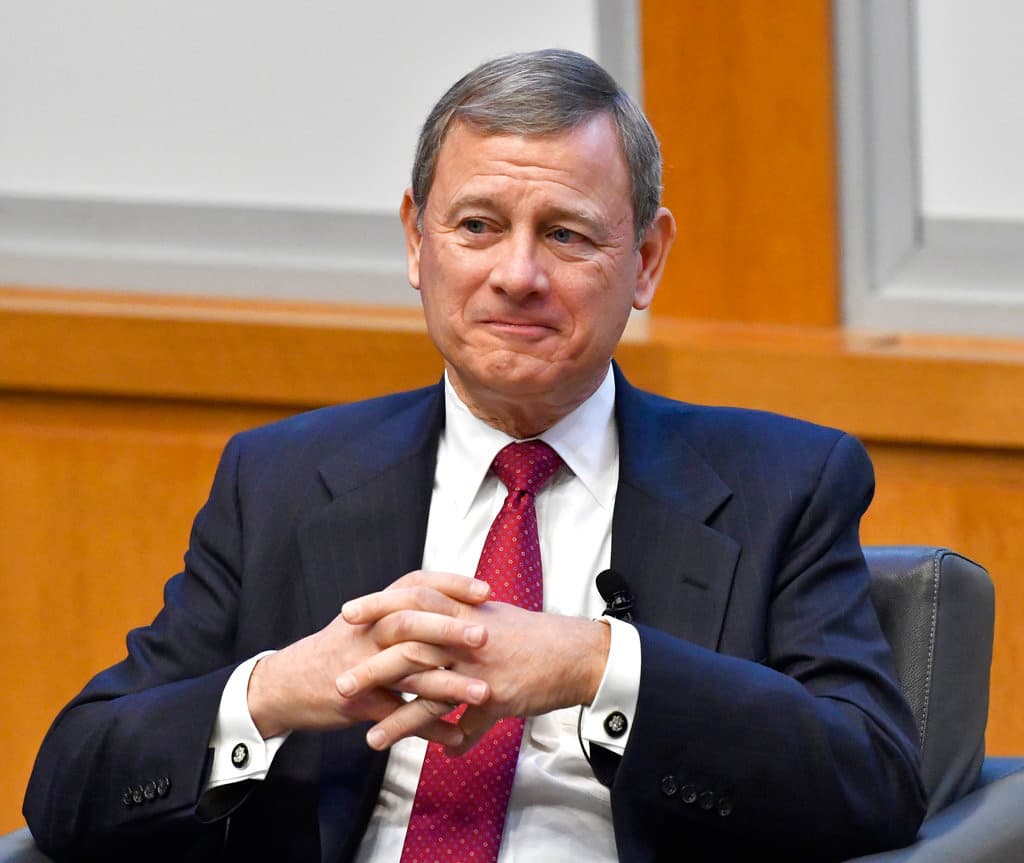A New Day for Religious Schools
The case from the rural school districts of Maine could go down as one of the great civil rights decisions in American history.

Is it a coincidence that the Supreme Court’s decision to end discrimination by the states against religious schools came just days after a Gallup poll found that the percentage of Americans who believe in God is at a record low? Let’s lay that poser aside for a few paragraphs to say that the case from the rural school districts of Maine could go down as one of the great civil rights decisions in American history.
The justices toppled a law in Maine that forbade parents from using at religious schools a measure of tuition assistance the state provides to parents in towns without public schools to send their children to secular private schools of their choice. The opinion, by a six to three majority that split the court along ideological lines, sets the Roberts Court toward a legacy of heroism in respect of religious liberty.
In the case — Carson v. Makin — the court brushed aside recalcitrance toward proffering to pupils in religious schools the same opportunity as secular peers. It held that Maine’s voucher program, used by 4,000 pupils, “can’t discriminate against religious private schools.” The chief leaned on jurisprudence holding that “a State violates the Free Exercise Clause when it excludes religious observers from otherwise available public benefits.”
In deciding for the Christian parents who brought the case, the majority clarified that “a neutral benefit program in which public funds flow to religious organizations through the independent choices of private benefit recipients does not offend the Establishment Clause.” At one point, the court put it bluntly in a sobering sentence, saying that Maine’s law amounted to “discrimination against religion.”
Justice Stephen Breyer, a liberal lion who finds himself in the winter of his tenure on the high court, authored a dissent that will serve as his valediction on matters of church and state. In it he expresses special worry over “the Religion Clauses’ goal of avoiding religious strife,” and frets over the role of government supporting faith in “a Nation of more than 330 million people who ascribe to over 100 different religions.”
The decision was greeted by a separate dissent from Justice Sonia Sotomayor, who wrote: “This Court continues to dismantle the wall of separation between church and state that the Framers fought to build.” She accused the court of leading the country to “a place where separation of church and state becomes a constitutional violation.” She writes with “growing concern where the court will lead us next.”
We would refer Her Honor to President Washington’s Farewell Address. In it Washington expressed the view that “of all the dispositions and habits which lead to political prosperity, religion and morality are indispensable supports.” And warned that “reason and experience both forbid us to expect that national morality can prevail in exclusion of religious principle.” The Great Scalia, in Lamb’s Chapel, expressed similar sentiments.
Which brings us back to the Gallup Poll. It could well be — or not — a coincidence that the court acted in the wake of Gallup’s finding that the percentage of Americans who believe in God has plunged to 81 percent. That’s the lowest mark since the question was first asked in 1944. It’s not surprising, though, in a country that has spent the last several generations trying to beat back religion from the public square as if it were some kind of virus.
There is an argument that as parents steer voucher funds to religious schools, the states could seek a regulatory role. Madison himself warned Virginia of this, and it will require vigilance. Yet our guess — and hope — is that the decision just handed down will help right the balance in respect of religious education and lead to a better society. And that the words “In God We Trust” that grace so many courtrooms will be redeemed.

